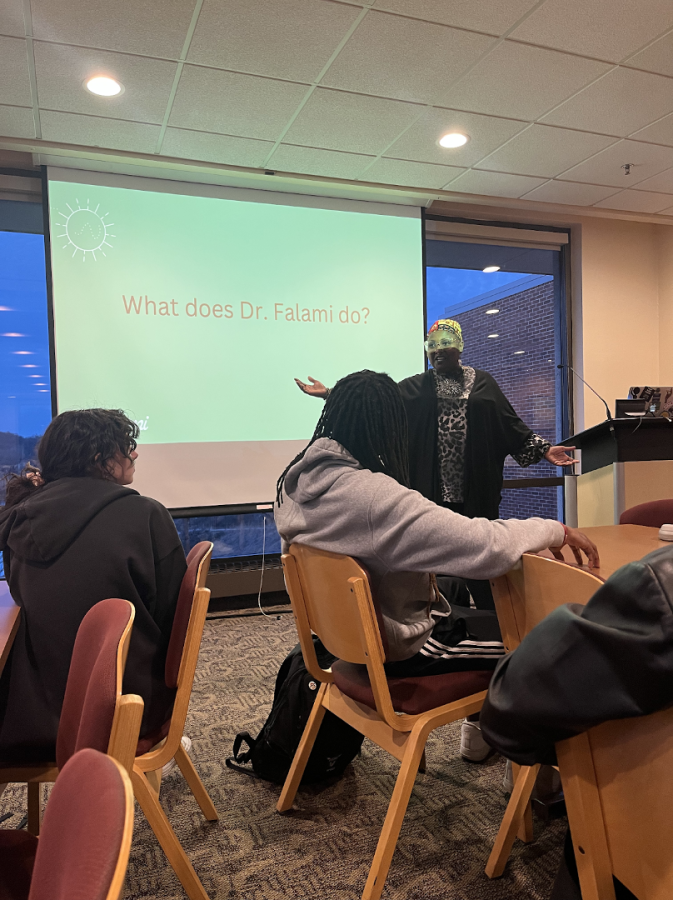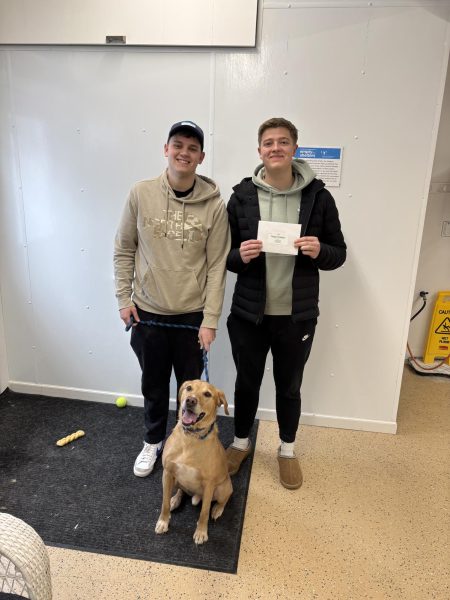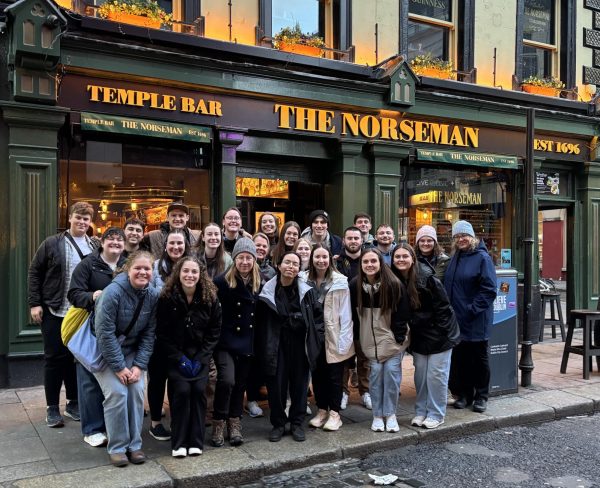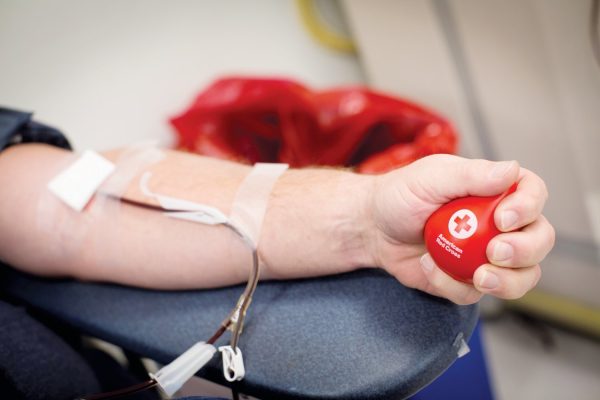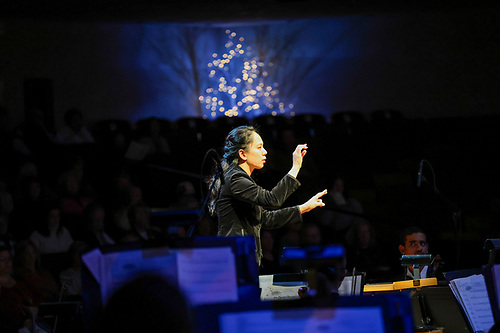Wellness Program Builds Community of Care
On Tuesday, March 7, the Nena Amundson Wellness Program and the Office of Student Engagement hosted a joint healing circle workshop in the Peace Dining Room. The workshop was led by Dr. Y. “Falami” Devoe, a holistic human development strategist and self-care ritualist. There were two sessions conducted on campus, one for faculty and staff and a separate one for students. They were held on the same day, one in the morning and one in the afternoon.
The Nena Amundson Wellness Program is an endowed program at Luther. Dean of Student Engagement Ashley Benson explained that this program’s impact is felt in many different areas of campus; she used the Student Engagement Office, Counseling Services, Res Life, athletics, nutrition, and academics as some examples. Benson views the program as a huge benefit to the Luther campus community.
“[The Nena Amundson Wellness Program] provides wellness support around campus, increases the amount of prevention support that is in place and it is meant to work in collaboration with a variety of different departments across campus,” Benson said. “All of these different areas work in conjunction with wellness; it is something that Luther values.”
While planning the event, Benson and Falami agreed that there must be two different sessions at different times. The two groups were created so that each group of individuals felt more comfortable being vulnerable and open about their struggles and current situation. Benson mentioned that although the stressors between faculty, staff and students are the same, they affect each group differently, and it is important to face stress in an individual manner. However, Falami does not want this to be the norm, as she expressed a desire to bridge the gap between faculty, staff and students so that we can all freely share their struggles and work together in a healing circle.
“A healing circle really talks about breaking down the barriers of what society has placed upon us and healing from these messages that we’ve been socialized to believe,” Falami said. “It is really about deconstructing messages and reshaping the narrative about places where many of us have been hurt. It’s really just trying to create our own narrative.”
Falami worked to provide a safe space for faculty, staff and students at the two workshops. Mary Brady (‘25) attended the workshop, and Falami’s speech ended up being one of Brady’s favorite parts.
“I chose to attend [the event] because I was feeling it would be a useful workshop for myself,” Brady said. “I also just wanted to see something new. My favorite part would be the speaker’s down-to-earthness [and] charismatic personality. I just loved to hear what she had to say.”
According to Benson, the Office of Student Engagement’s reason for hosting the workshop was to provide support and healing to the community in such a way that it would foster both individual and collective wellness.
“I felt that the workshop with Dr. Falami was needed because, since the pandemic, there has been an increase in need for self-care, prevention efforts related to wellness needs and suicidality,” Benson said. “This was an opportunity to bring somebody who is skilled in that area to provide the needed support across campus. Not just for one population but for our entire community.”
Falami believed that this workshop was necessary to begin open conversations with each other and to become more intentional about well-being on campus.
“I want them to take away that it is important to be intentional about your self-care,” Falami said. “Self-care is doing what you need to do to protect, to nourish, to nurture, to rejuvenate your mind, body and spirit. And to ritualize that and be very intentional about that on a frequent basis.
Don’t wait until you’re sick or too stressed out, but do it on a regular basis.”
Falami called coming to Luther “a true pleasure” since she got the chance to engage with students and faculty. She was happy that she got to provide a “space for being” for both groups, and hopes this community continues to exist in the near future.
“It is my hope that this is just the beginning of talking about and figuring out ways to cultivate communities of care and well-being here at Luther College,” Falami said.

